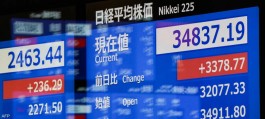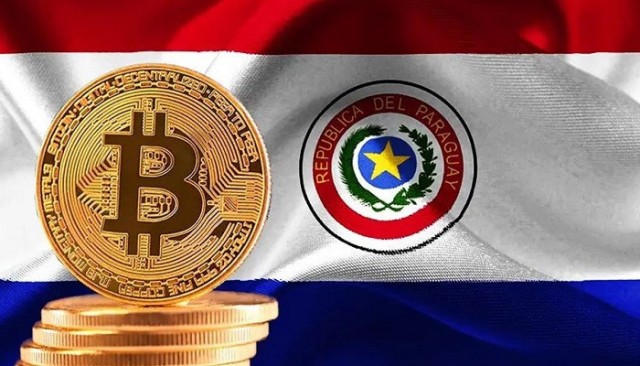Paraguay's Senate approved a bill on July 14 that would establish a tax and regulatory framework for companies operating in the cryptocurrency and mining sectors.
The bill, introduced last July by Senator Fernando Silva Fácetti and passed by Congress in May before reaching the Senate, calls for a committee from the Ministry of Industry and Commerce ( MIC) to oversee cryptocurrency industry service providers.
The bill is now one step closer to ratification by President Mario Abdo Benitez, the Cowen Telegraph reported.
A congressional notification in May stated that the bill specifically relates to cryptocurrency mining, marketing, brokerage, exchange, transfer, custody, and/or management of crypto assets or tools that allow control in cryptocurrency assets.
On July 14, 2022, local news outlet ABC reported that companies involved in cryptocurrency will be treated the same as those dealing with securities for tax purposes.
As a result, they will be exempted by the Undersecretary for Taxes from paying Value Added Tax (VAT) but will be included in the income tax system.
The bill is also said to take into account how crypto miners interact with local energy suppliers.
Potential mining operations will be required to report the energy consumption schedule to the National Electricity Administration (ANDE), Paraguay's national electricity system.
If it turns out that miners are consuming more electricity than planned, ANDE may cut off their electricity supply.
While the bill would subsidize energy costs for miners, they would pay 15 percent more than other industries.
According to reports, Senator Fassetti said amendments to the bill over the past year have improved the original project.
Critics of the bill, such as Senator Enrique Pachetta, are said to have stated that while regulating the crypto industry would lead to greater profits, he questioned whether it would really create Jobs for its citizens.
Senator Esperanza Martinez confirmed Senator Pacheta's concerns, claiming that miners were consuming far more energy than they would create.







































